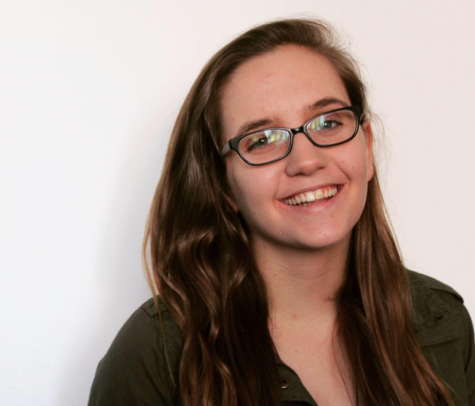Saudi Arabia has recently made strides in the campaign on women’s rights, both with the recognition of International Women’s Day as well as the lift of women’s driving ban. Opinions about the decision vary on the Suffolk campus with those who grew up as citizens of Saudi Arabia possessing mixed views while the Western world seeing the decision as one of positive change towards America’s view of Saudi.
Throughout the Middle East, Islam is interpreted in many different ways that align to one’s culture or country. These types of laws and ideas derive from the history of the country, culture and the way some Saudi’s look at their religion.
According to Shaza Mass, a biology major at Suffolk, in Saudi Arabia, women, such as herself, never really felt any sense of “oppression” by not being allowed to drive, because as a part of their culture, they did not really see it as a necessity. “You are born not having to do as much as the men do, everything that the women needed to do was close to them, there was no need for them to drive anywhere,” said Mass.
Traditionally, women are expected to wear hijab while going out or around other men that aren’t family, but in the comfort of their own homes, friends and families, or parties, women do not dress in hijab, rather in clothes that appeal to them, not unlike anything that would be worn in the U.S., Mass said.
“The segregation actually brought more comfort because when we go out we have to wear hijabs,” said Mass. “When we are in their own homes around their families we are able to do and dress however we want.”
Saudi’s hold mixed views on the overturn, some praised the ruling while others wonder how it will affect their everyday lives. These types of restrictions derived from some of the traditional Saudi values. As time progresses, so do the mindsets of the country’s people. As the mindsets of the citizens progresses, the development of the country is able to move forward.
The ruling is due to the 2030 Plan, enacted by Mohammad Bin Salman, the Deputy Crown Prince of Saudi Arabia, as himself and his government try to move the country to less oil-based economy and put policies in place to help domestic services and tourism, according to BBC. The President of Suffolk University’s Saudi Student’s Association, Rayan AlJelaly said in an interview with the Suffolk Journal, “Women in Saudi Arabia are allowed to drive now and the reason for that is because our new king and our crown prince have a new vision of Saudi Arabia, it’s a vision called 2030 and it’s going through two steps which is in 2020 and 2030. Saudi Arabia is developing,” he said. “People have changed and so have their mindsets. Saudi Arabia is a great country ruled by a great government.”
When the news came out about Saudi women now being able to drive, Americans were shocked that a country viewed as oppressive would let the decision pass. Although it is unclear as to how much weight the new rule will have, it goes into effect June 2018, the western world definitely saw a new side to Saudi Arabia, or at least, reports of the overturn did.
With the nature of U.S. news leaning more towards the approval of Americans, it calls into question how much is actually accurate. “As a Caucasian, western protestant woman, I’m hesitant to talk on behalf of other woman, but I’m wondering how much of the news stories are just for western consumption and how much is actually happening on the ground,” said by Suffolk University’s Chaplain, Reverend Amy Fisher.
Although the means that the American people, as well as the rest of the Western world are getting their information, may be skewed, it’s important to consider the lives of others that have this as a very real reality and something that has been apart of both their religion and culture for centuries, as described by Reverend Fisher, “I hope the [The Western World] digests the nuances within Islam itself, as I believe it is the most misunderstood religion by non-Muslims.”







